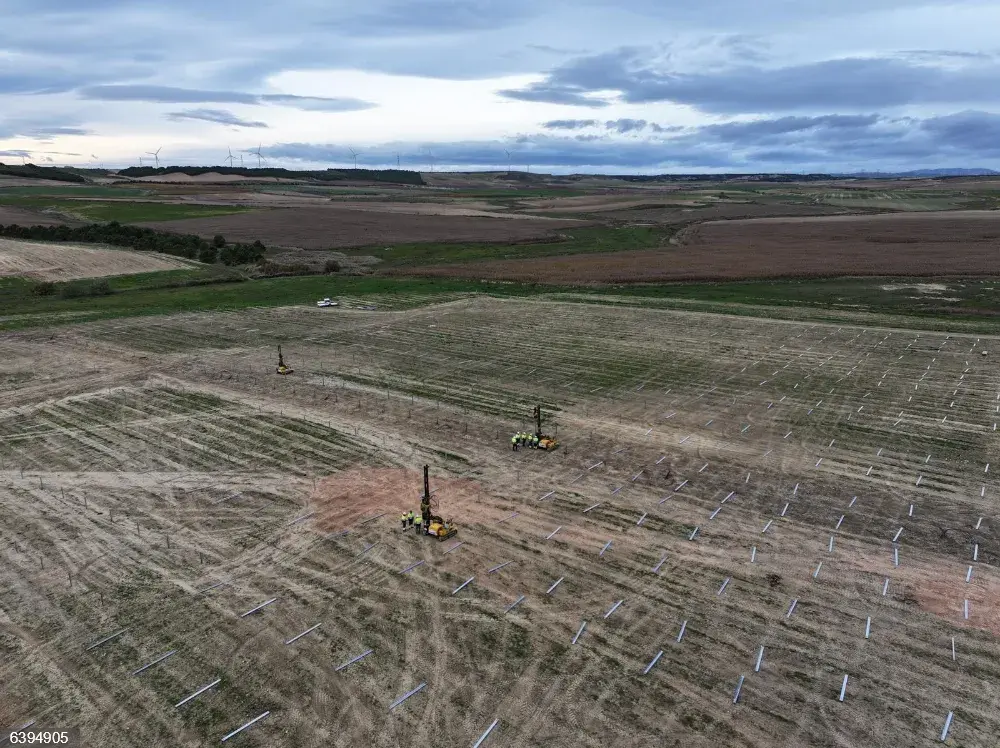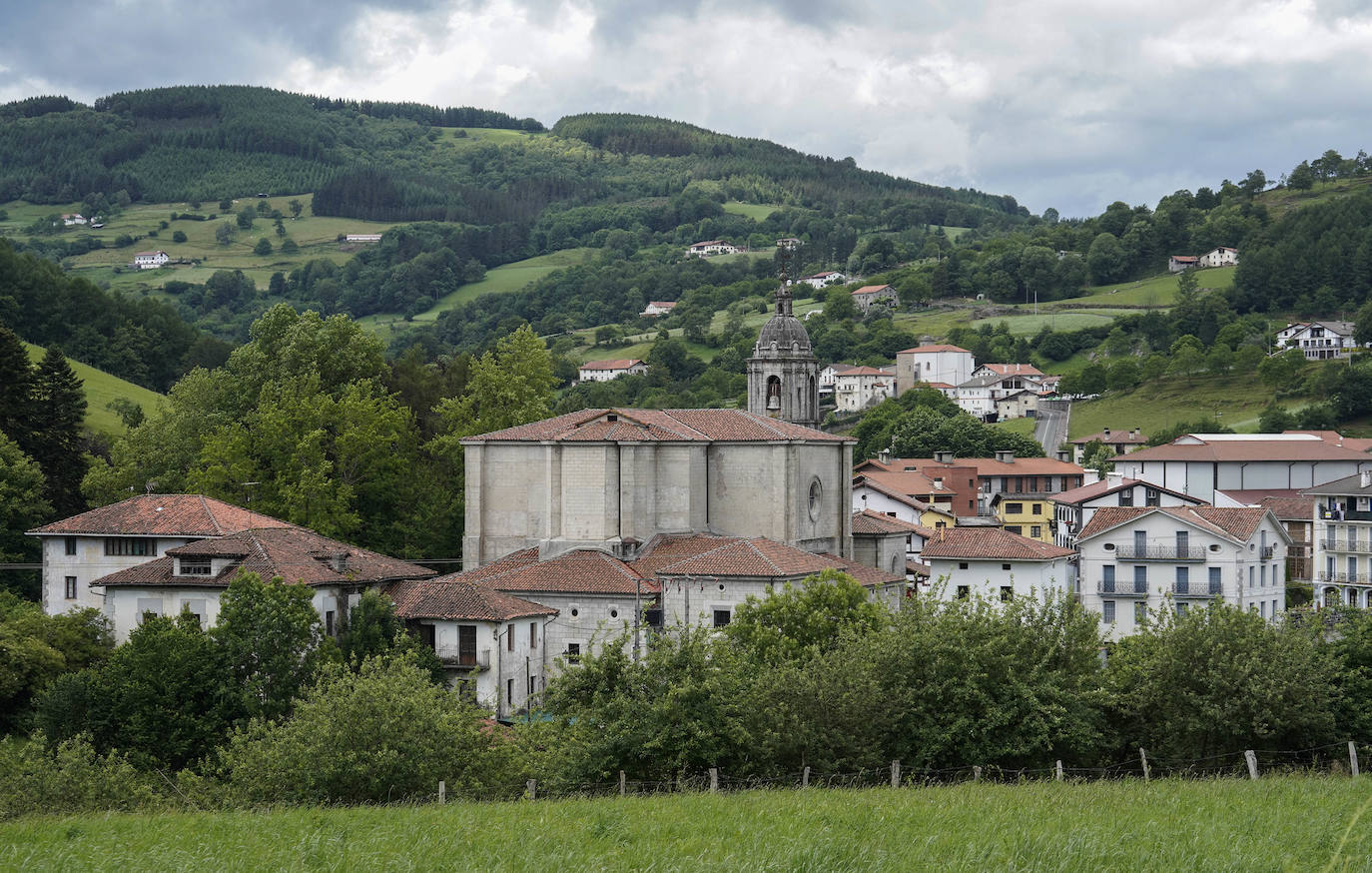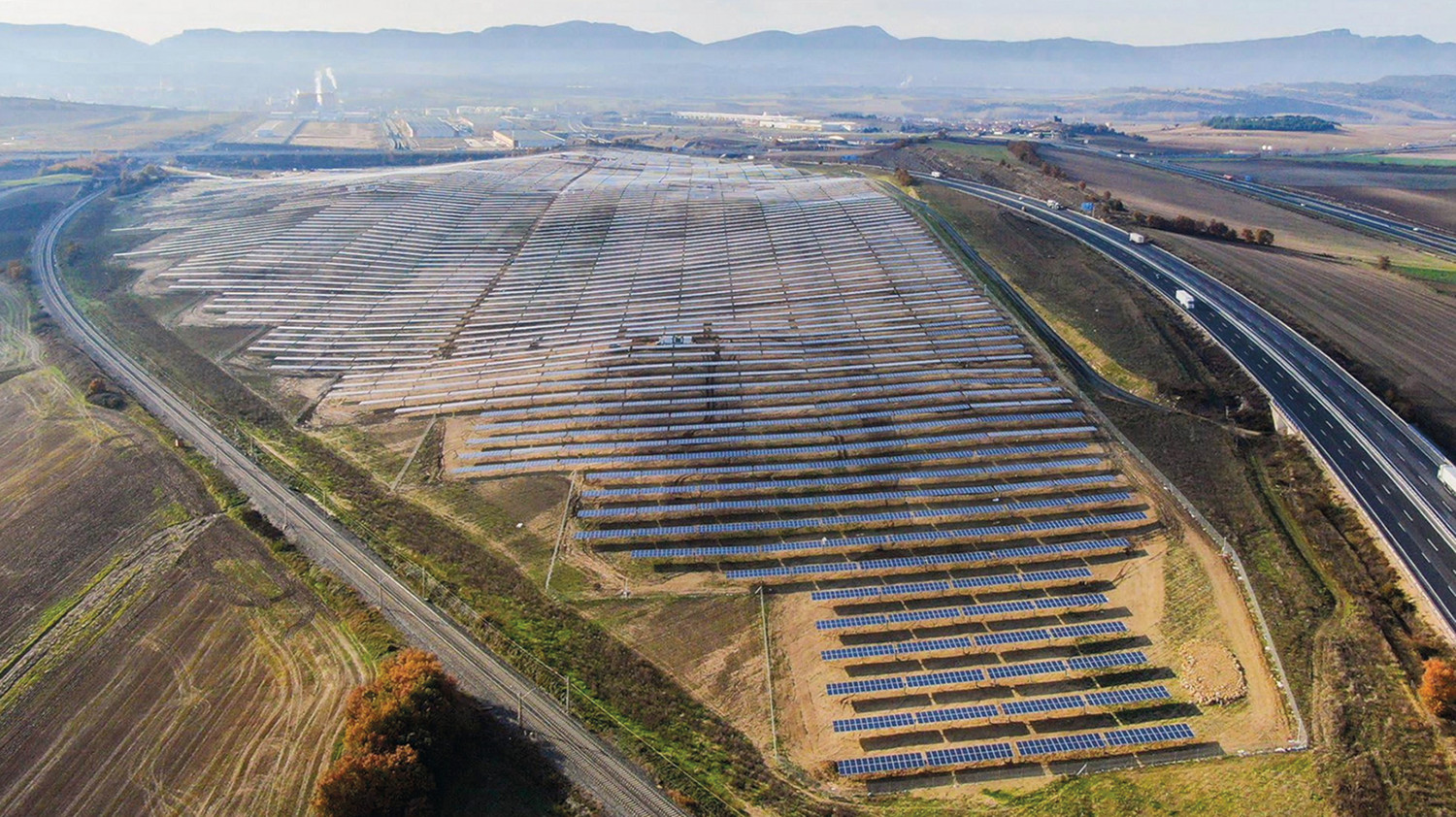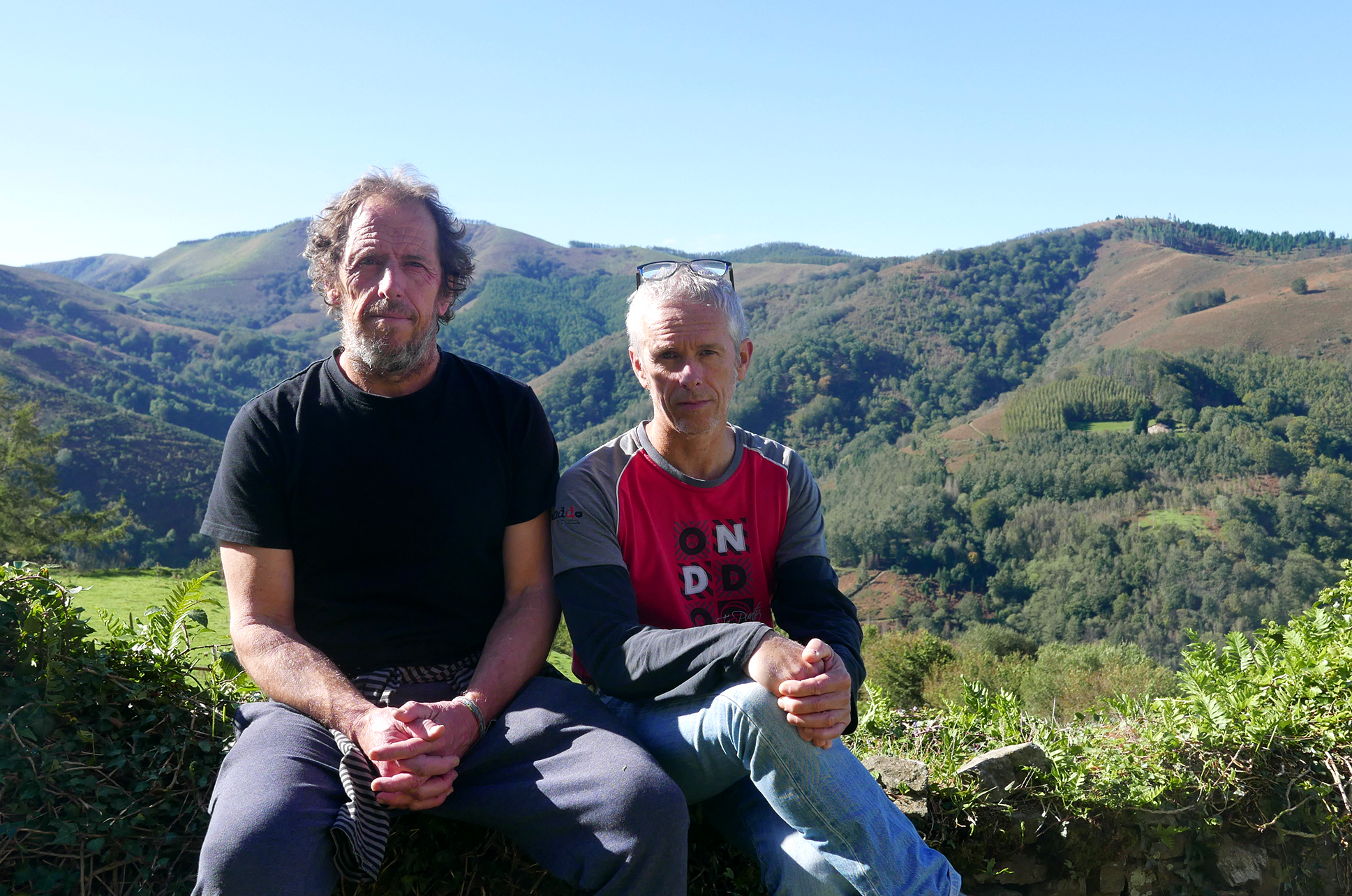To be sovereign, heat the village with wood
- Of the 1,543 inhabitants of Aramaio, over 900 live in the urban center, in Ibarra, and the rest, scattered in rural neighborhoods. If the objectives of the City Hall and of many citizens are met, for the next winter Aramaio will be the first municipality in the Basque Country that will heat the entire urban area – public buildings and housing – with wood biomass.

In Aramaio, a permanent initiative for rural development has long been implemented, at the initiative of the City Council and the public. The main objective was to analyse existing resources and ensure sustainable development. Sustainability was seen in three areas: socio-political, environmental and economic. In order to do so, they saw it as essential to make a commitment to sovereignty in three main areas: food, energy and tourist leisure.
In this context, and tired of the excesses of the price of propane gas prevailing in the city, they contacted various companies and institutions to carry out energy studies. After analyzing the hydro, wind, solar and biomass energy, they realized that the latter was the most adequate and viable for Aramaio. What is more, the one closest to the basis outlined by the rural development initiative.
Renewable and clean raw material
Biomass, organic material obtained through a biological process, is a renewable raw material. In Aramaio, wood biomass, wood biomass, has been chosen. They have detected countless advantages: that it is an inexhaustible source of energy to generate heat in the village; clean; cheap, that drives the primary sector; and that also allows to create jobs.
In the middle of this legislature, which is about to end, the group for the promotion of biomass was set up in the municipality, and since then it has met weekly in the city council. This is an open group made up of people of very different kinds: forest owners, street owners, interested in the environment and forest species, municipal representatives... They have known experiences that have been carried out outside the Basque Country, have carried out studies on the infrastructures to be installed in Aramaio, have reflected on the situation and exploitation of the forests, have put their doubts on the table and have shared them... They conclude that in the forests of the municipality, both public and private, sufficient resources are available to generate energy through biomass, forest owners are interested in the project and the conditions are fulfilled so that in the urban area of Aramaio, in Ibarra, due to its extension, a small civil construction is carried out. That is why they decided to work the energy infrastructure through biomass and in the first phase the implementation in the urban center. It would be applied in a second phase in rural neighborhoods.
Public energy management
The mayor of Aramaio, Ramon Ajuria, is a great driver of the project. He believes that heat in homes is a right and not a luxury. “We defend public energy management. Energy should become the patrimony of citizens to become a fundamental right rather than being used for business. Today we depend on external markets, prices rise whatever they want, and if we have the opportunity, as is our case, we have to be independent. Using our resources, we have to put prices on us and the benefits of the project must be for the people, for the citizens.”
Those who want to bet on the environment have many arguments to argue that biomass is a renewable energy, inexhaustible, that CO2 produced by burning wood is equated with planting more trees and plants, that ash has a great value as fertilizer, that is a way to preserve forests and to avoid fires, which is also a way to boost indigenous species...
Benefits for all citizens
According to the promoters, there are more benefits that affect the daily lives of all citizens. Among them, the most important is the price of the invoice. If the City Council does not want to bring forward a specific number – not least because the price reduction will depend on what is incorporated into the project – energy bills would be considerably reduced and, in a few years, infrastructure would be totally depreciated. The City Hall should build a boiler in the town centre, but in private homes no work should be done.
Following the social arguments, the City Council would establish the price of wood and buy it from all the forest owners of the municipality concerned. The energy cost would also be determined by the City Hall itself. The distribution of electric energy could be performed by the public entity through the public company Aramaio Argindar Distribuidora, already constituted in the municipality. The drivers anticipate that jobs can be created. Not only that, because the public companies of Aramaio will take care of the management, the economic benefits will remain in the municipality.
Institutions and municipalities, attentive to the project
Throughout this process, the City Hall and representatives of the initiative have met with various institutions in Spain, the Basque Government, the Provincial Council of Álava, etc., and they have all very positively valued this pioneering project. In the Basque Country there are municipalities that heat public buildings with biomass energy, but Aramaio would be the first to implement this system in a whole population nucleus. Also in the Spanish state.
The District Heating consists of three phases. In the first one, they will get wood from the mountains and turn it into fuel. To do so, the team of forest owners will get the raw material, cut it and accumulate it. In the second phase, the combustion process of the boiler will be carried out. The installation of the boiler requires investment and for this they are in contact with the Basque Energy Agency (EVE), among others. The third phase is the delivery of warm water to the home. It was managed by the public company Aramaioko Argindar Distribuidora. Jobs could be created in each of the three phases.
The project promoters and the City Hall of Aramaio are clear that it is feasible and that it has many benefits, so they are working intensively to make this commitment known to the citizens. But inevitably, in order to move forward, they need their accession, with their signature.
To this end, and with the help of the company Arteman Komunikazioa, various initiatives work. Explanatory leaflets of the project and biomass have been published, all citizens have been invited directly to the assembly to explain and promote the debate, experts from other countries have been invited to conferences and an exhibition has been installed in the Sastiña room these days. It contains explanatory panels and a specially crafted audio-visual.
Receiving citizen adhesions
“There’s always something that fears the changes,” said Mayor Ramon Ajuria, “but the benefits of this wager are on the table, and it’s an unbeatable way to value what we have, our resources, through proper exploitation, for all aramaioarras.”
They have already achieved more than half of the accessions they would need to make the project viable, and they are working to get the rest as soon as possible. Meanwhile, many other municipalities and entities of the Basque Country are attentive to the step that will be taken in Aramaio. And I am sure that, once launched in Aramaio, many others will follow, because this is a clear example of putting into practice the sovereignty to which we refer so much.









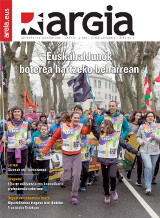

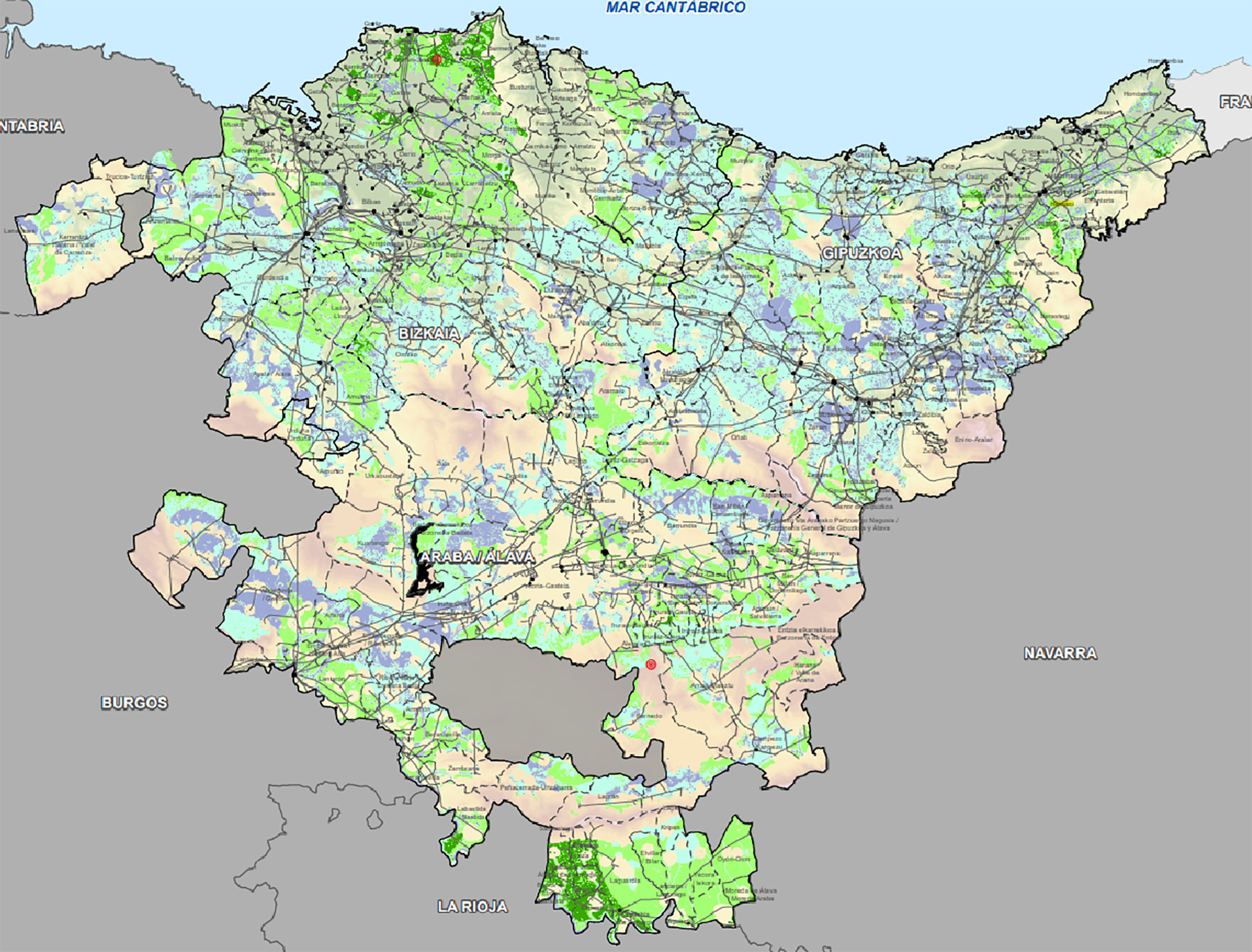
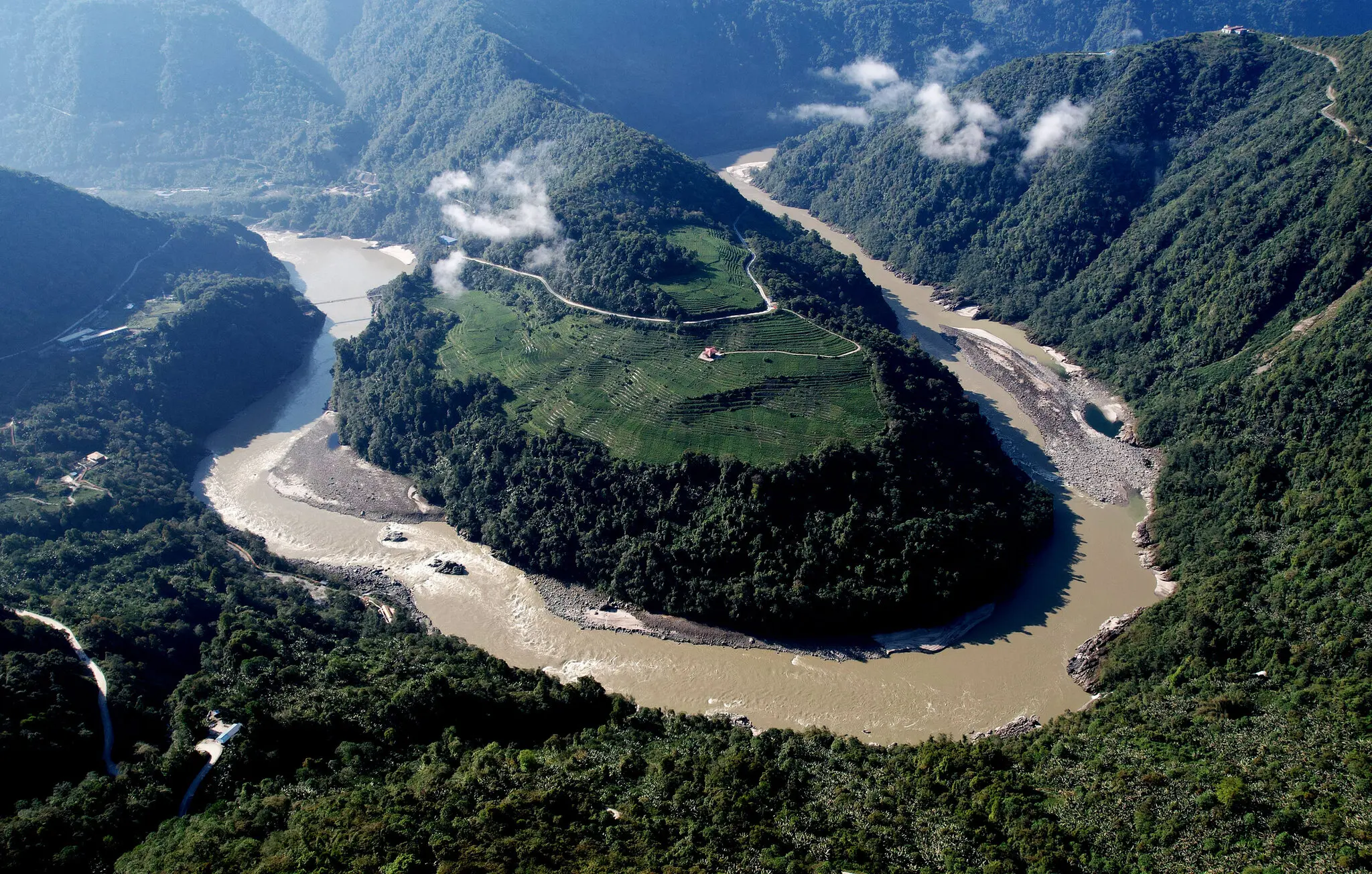


.png)


